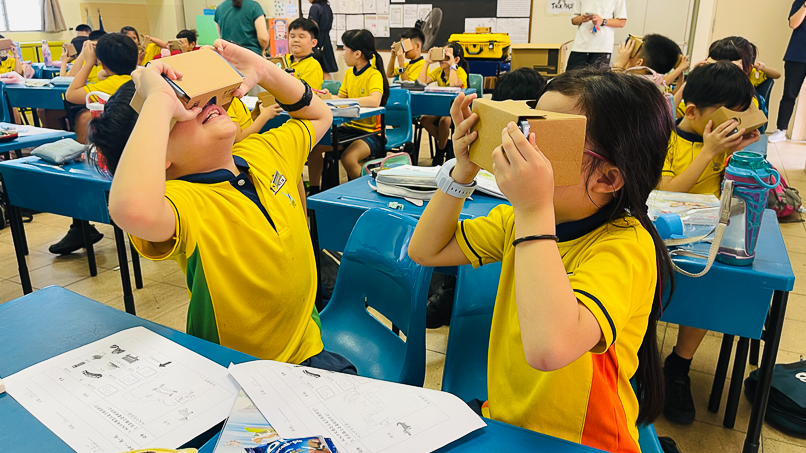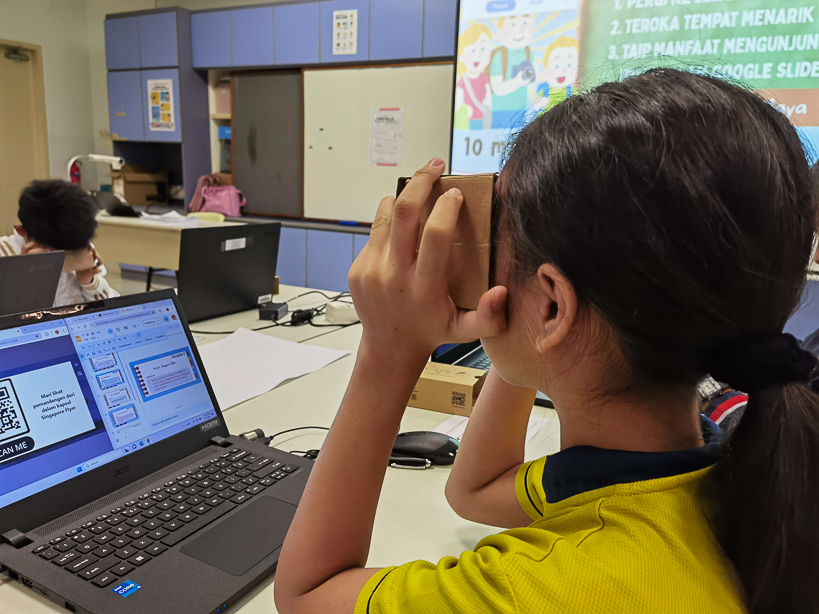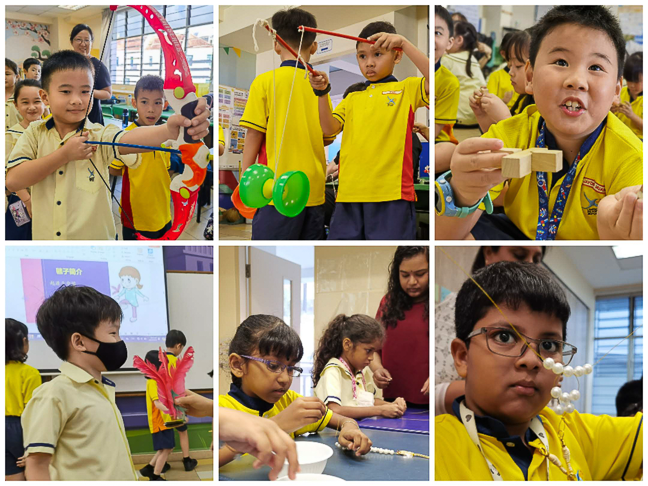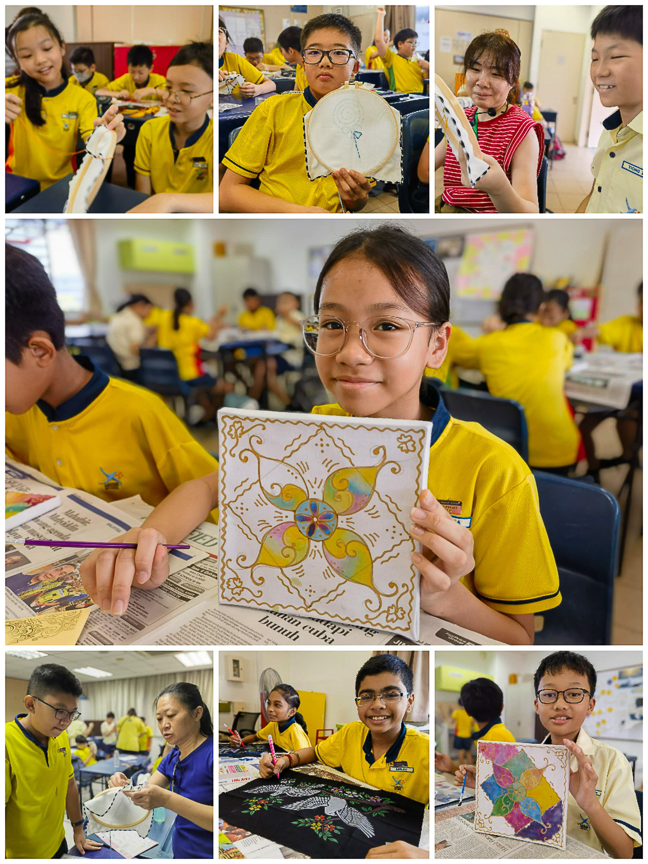MTL Overview
Curricular Goals:
Bilingual education in Singapore fosters intellectual growth, cultural appreciation, and broader perspectives. The refreshed 2024 Primary MTL curriculum builds on the 2015 framework by emphasizing 21st Century Competencies such as cross-cultural understanding, communication, and critical thinking. It aims to instill a love for Mother Tongue Languages (MTLs), boost students' confidence in using the language for life, and incorporate authentic, relatable materials to enhance engagement. This curriculum is being introduced progressively, starting with Primary 1 in 2024.
Teachers leverage technology and gamified activities to make MTL learning engaging and personalized, allowing students to progress at their own pace even outside the classroom. Parents are encouraged to support learning at home by using these resources, fostering stronger language connections.
Immersive programs like Mother Tongue Fortnight and Cultural Camps enrich MTL experiences through activities such as performances, traditional games, crafts, food tasting, and competitions. These activities enable students to explore their heritage, showcase talents, and build confidence in a fun, supportive environment.
The Reading Programme promotes a love for reading, improves language proficiency, and enhances critical thinking through guided reading sessions, storytelling, book discussions, and reading challenges. Progress is tracked via reading logs, with milestones celebrated to motivate students. Parents play a vital role by creating a conducive reading environment, engaging in discussions about stories, and modeling a love for reading.
The Conversational Chinese/Malay (CCM) Programme gives Primary 3 and 4 students a fun and interactive way to pick up basic conversational skills in Chinese or Malay, enhancing their Mother Tongue Language (MTL) learning. It’s an exciting opportunity to connect with a new language, make friends, and develop a deeper appreciation for diverse cultures —preparing students for meaningful conversations and experiences beyond the classroom!
Teachers leverage technology and gamified activities to make MTL learning engaging and personalized, allowing students to progress at their own pace even outside the classroom. Parents are encouraged to support learning at home by using these resources, fostering stronger language connections.
Immersive programs like Mother Tongue Fortnight and Cultural Camps enrich MTL experiences through activities such as performances, traditional games, crafts, food tasting, and competitions. These activities enable students to explore their heritage, showcase talents, and build confidence in a fun, supportive environment.
The Reading Programme promotes a love for reading, improves language proficiency, and enhances critical thinking through guided reading sessions, storytelling, book discussions, and reading challenges. Progress is tracked via reading logs, with milestones celebrated to motivate students. Parents play a vital role by creating a conducive reading environment, engaging in discussions about stories, and modeling a love for reading.
The Conversational Chinese/Malay (CCM) Programme gives Primary 3 and 4 students a fun and interactive way to pick up basic conversational skills in Chinese or Malay, enhancing their Mother Tongue Language (MTL) learning. It’s an exciting opportunity to connect with a new language, make friends, and develop a deeper appreciation for diverse cultures —preparing students for meaningful conversations and experiences beyond the classroom!



• Bringing Language to Life - Exploring the World Through VR in MTL Classrooms!


• Learning by Doing -Embracing Culture with Heart and Hands!

